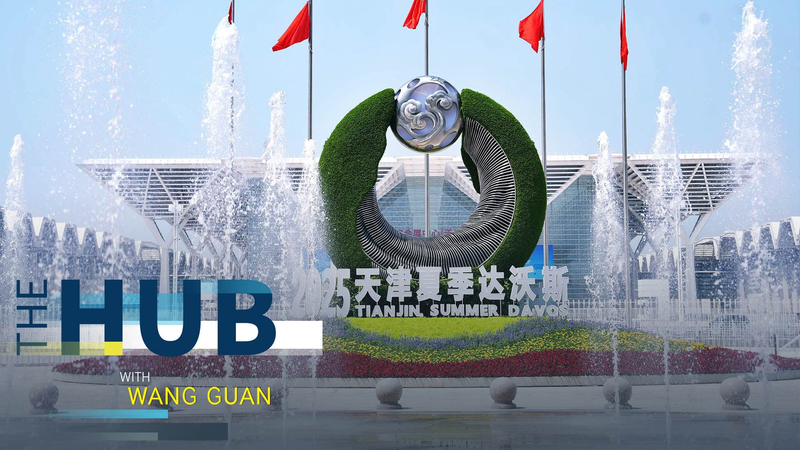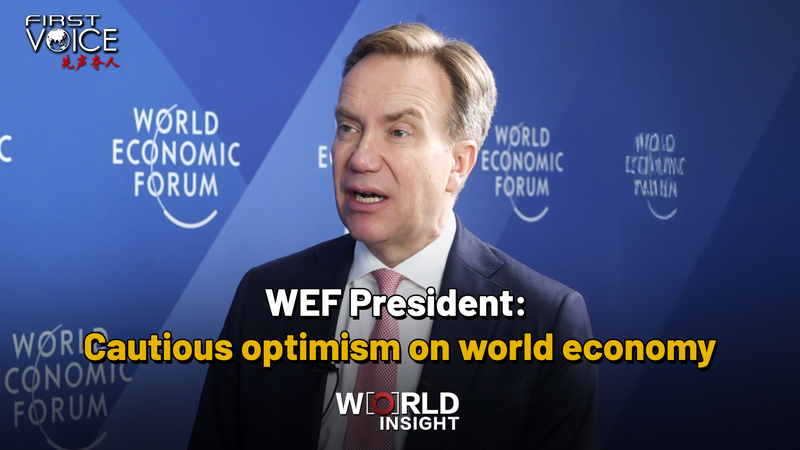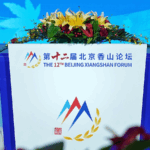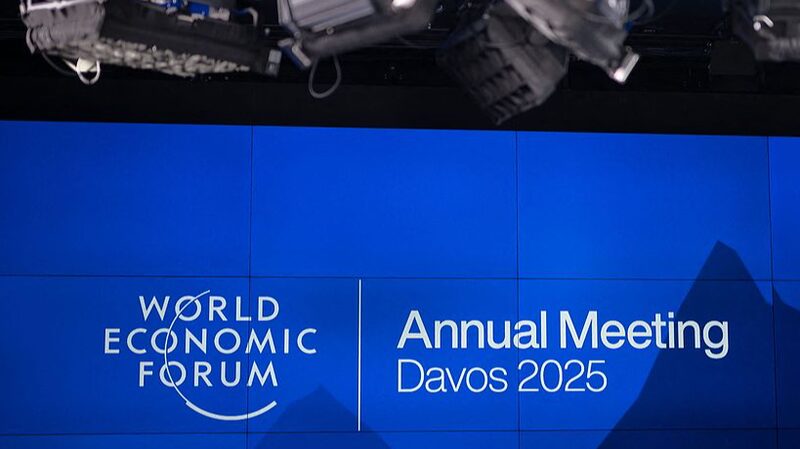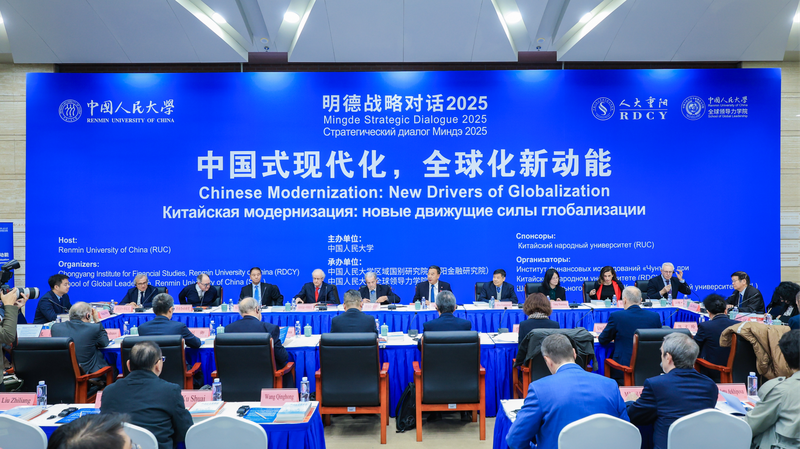Tianjin, China – As the World Economic Forum's Summer Davos 2025 concluded in Tianjin, global leaders and economists grappled with pressing questions about the future of the world economy amid rising protectionism and geopolitical tensions. The event, attended by over 2,000 delegates from 100+ countries and regions, highlighted China's evolving role in shaping a multipolar economic landscape.
Panelists warned that escalating trade barriers and supply chain fragmentation could reduce global GDP growth to 2.4% by 2027. 'We're witnessing the fastest reconfiguration of global economic alliances since the Cold War,' noted Dr. Zhang Wei, a senior researcher at the China Academy of Social Sciences. 'The rules-based system is being tested like never before.'
Chinese representatives emphasized their commitment to technological innovation as a growth driver, revealing that AI now contributes 18% to the country's industrial output. 'Our focus on high-value manufacturing and green energy solutions positions us as a stabilizer in turbulent times,' said tech entrepreneur Li Ming during a session on global value chains.
Geopolitical analysts observed accelerated momentum toward multipolarity, with emerging economies accounting for 43% of global trade flows. However, World Bank Chief Economist Priya Patel cautioned: 'This transition must be managed carefully to avoid systemic shocks.'
The forum concluded with calls for enhanced international cooperation, particularly in regulating AI and establishing crisis response mechanisms for financial markets.
Reference(s):
What's told about the future of global economy at Summer Davos 2025
cgtn.com
